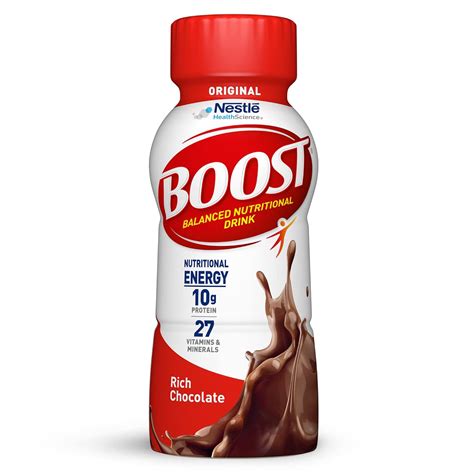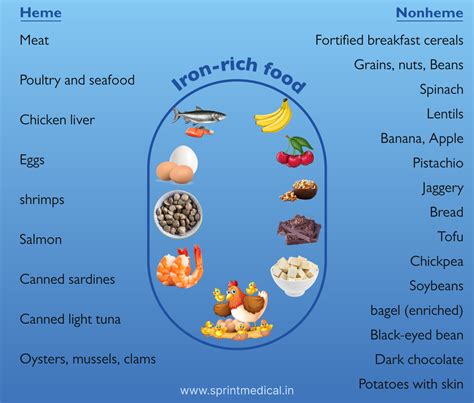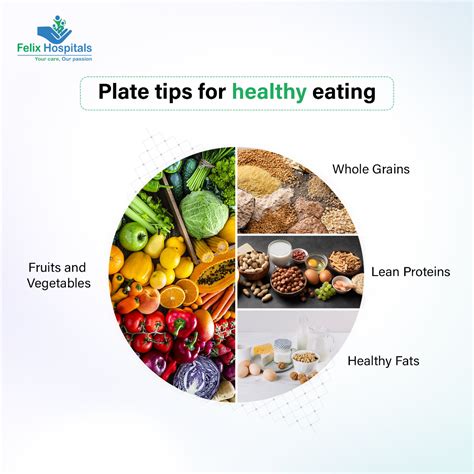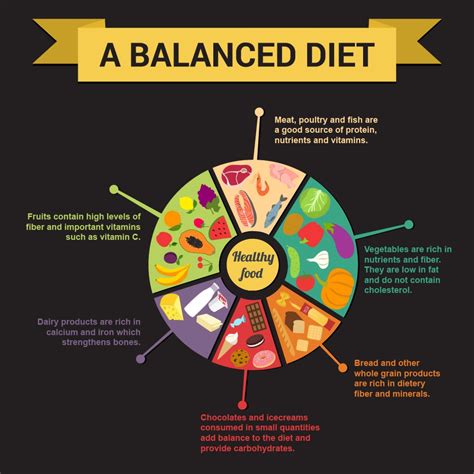Boost male vitality: what diet optimizes testosterone levels?

Testosterone, the primary male sex hormone, plays a crucial role in maintaining energy levels, muscle mass, bone density, libido, and overall mood. As men age, testosterone levels can naturally decline, but lifestyle factors, particularly diet, can significantly impact its production. Understanding which foods to embrace and which to limit can be a game-changer for enhancing male vitality.
Key Nutrients for Testosterone Production
Optimizing testosterone often starts with ensuring your body has the right building blocks. Certain vitamins and minerals are directly involved in the synthesis and regulation of this vital hormone.
- Zinc: A critical mineral for testosterone production, zinc deficiency can lead to reduced levels. Foods rich in zinc include oysters, red meat, poultry, beans, nuts, and whole grains.
- Vitamin D: Often called the ‘sunshine vitamin,’ Vitamin D acts as a steroid hormone in the body and is strongly linked to testosterone levels. Fatty fish (salmon, mackerel), fortified milk, and direct sunlight are excellent sources.
- Magnesium: This mineral plays a role in numerous bodily functions, including hormone regulation. Studies suggest magnesium can improve free and total testosterone levels. Incorporate leafy greens, nuts, seeds, and whole grains into your diet.
- Healthy Fats: Cholesterol is a precursor to testosterone, so consuming healthy fats is essential. Monounsaturated and polyunsaturated fats found in avocados, olive oil, nuts, and seeds are beneficial.

Foods to Embrace for Optimal T-Levels
A diet focused on whole, unprocessed foods will naturally support hormone balance. Here are categories of foods that can specifically help optimize testosterone:
- Lean Proteins: Protein is essential for muscle growth and overall health. Lean meats, poultry, fish, eggs, and legumes provide amino acids crucial for hormone synthesis without excessive unhealthy fats.
- Cruciferous Vegetables: Broccoli, cauliflower, Brussels sprouts, and cabbage contain compounds like Indole-3-Carbinol (I3C) that help reduce estrogen levels, which can indirectly support higher testosterone.
- Omega-3 Fatty Acids: Found in fatty fish like salmon, mackerel, and sardines, as well as flaxseeds and walnuts, omega-3s are anti-inflammatory and support overall endocrine function.
- Garlic and Onions: These alliums contain compounds that may help lower cortisol (a stress hormone) and increase testosterone production.
- Berries and Antioxidant-Rich Fruits: Blueberries, strawberries, and other colorful fruits are packed with antioxidants that combat oxidative stress, protecting Leydig cells in the testes responsible for testosterone production.

Foods to Limit or Avoid
Just as some foods boost testosterone, others can actively work against it. Minimizing these can be as important as maximizing beneficial foods:
- Processed Foods and Sugary Drinks: High sugar intake can lead to insulin resistance and obesity, both of which are linked to lower testosterone. Processed foods often contain unhealthy fats and artificial ingredients that can disrupt hormone balance.
- Excessive Alcohol: Chronic heavy alcohol consumption can directly damage Leydig cells, leading to decreased testosterone production and increased estrogen levels.
- Trans Fats and Hydrogenated Oils: Found in many processed snacks and fried foods, these unhealthy fats are detrimental to cardiovascular health and hormone function.
- Soy Products: While some studies are mixed, high intake of soy products containing phytoestrogens may have an estrogenic effect in some men, potentially lowering testosterone. Moderate consumption is generally fine, but excessive intake might be a concern for those with low T.
- Certain Dairy Products: Some conventional dairy products can contain synthetic hormones that may interfere with natural hormone balance. Opt for organic or hormone-free dairy where possible.

The Importance of a Balanced Approach
While diet plays a pivotal role, it’s part of a larger lifestyle picture. Regular exercise, particularly strength training, adequate sleep, and stress management are equally crucial for optimizing testosterone levels. Hydration also impacts overall bodily functions, including hormone regulation, so ensure you drink plenty of water throughout the day.
Remember that dietary changes often take time to show significant effects. Consistency is key. Consulting with a healthcare professional or a registered dietitian can provide personalized advice, especially if you have underlying health conditions or suspect a significant hormone imbalance.

Conclusion
Boosting male vitality through optimal testosterone levels is an achievable goal with the right dietary strategy. By prioritizing nutrient-dense whole foods, healthy fats, and lean proteins while minimizing processed items and unhealthy fats, men can significantly support their body’s natural testosterone production. This dietary approach, combined with a healthy lifestyle, not only enhances hormone balance but also contributes to overall well-being, energy, and a higher quality of life.









